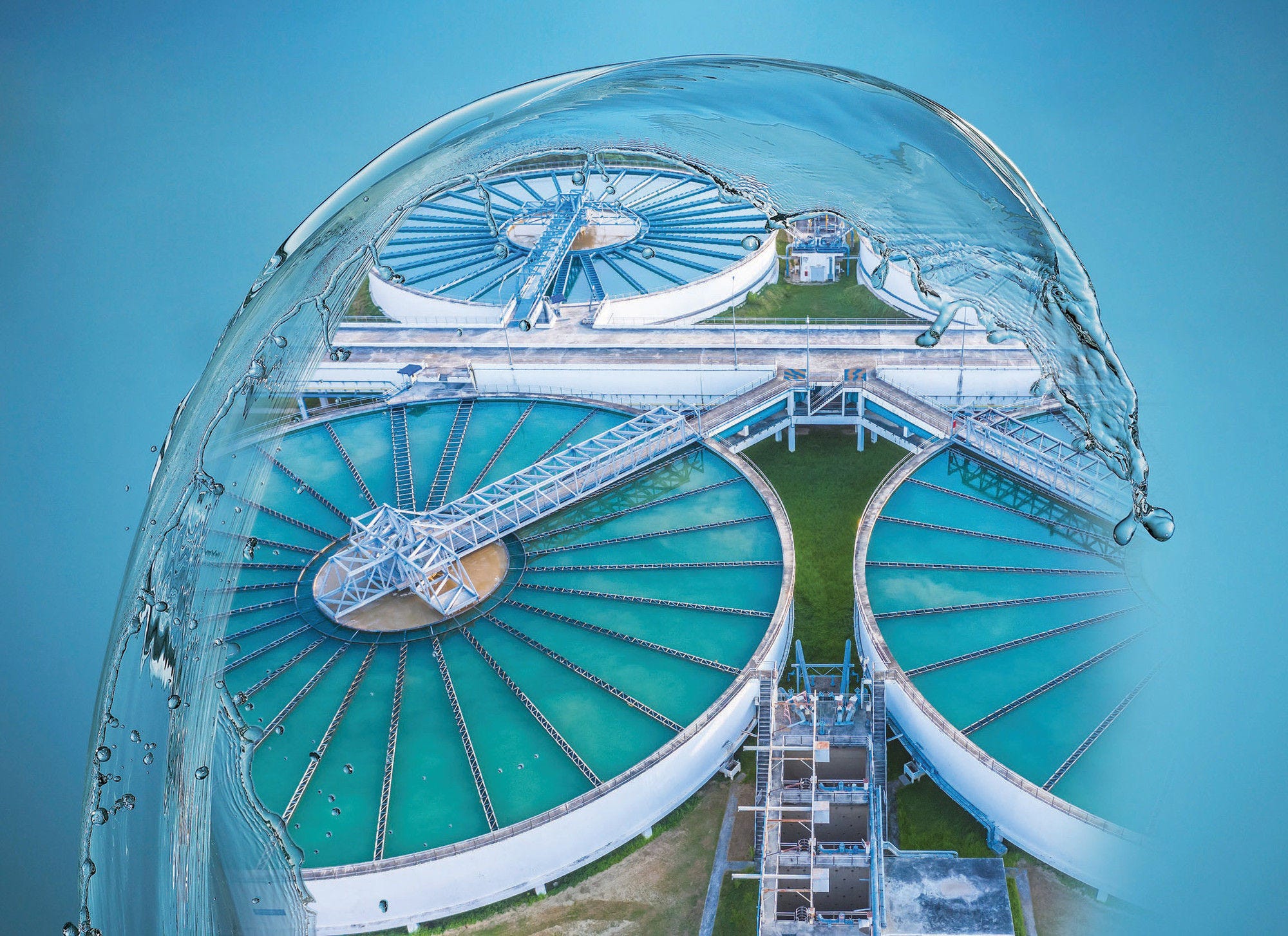The OECD’s programme on water policy reforms in Eastern Europe, the Caucasus and Central Asia (EECCA) forms part of the GREEN Action Task Force which helps the governments of EECCA countries to integrate environmental issues in economic, social and political reforms and to contribute to sustainable growth.
The Task Force’s work on water can trace its roots to the Ministerial Consultation on Water Management and Investments in Almaty, Kazakhstan (October 2000) where Ministers of EECCA countries recognised the alarming situation of water sector in the region and adopted the Guiding Principles for Reform of the Urban Water Supply and Sanitation Sector. The OECD’s EAP Task Force (the former name of GREEN Action Task Force Programme) was invited to develop work programmes and to monitor their implementation.
From the beginning, the OECD focused its work on implementation of the Integrated Water Resources Management (IWRM) principles and principles of EU’s Water Framework Directive (WFD) into national water policies with the objective to help to achieve water-related Millennium Development Goals (MDGs) till 2015, followed by the Sustainable Development Goals (SDGs) adopted in September 2015.
The key areas of GREEN Action Task Force work in water sector revolve around:
- Water resources management
- Water supply and sanitation
- Reform of Policy Instruments
- Capacity development to support decision-making in water sector
Since the establishment of the programme, there has been major progress in water reform in EECCA countries. Work has led to the regular organisation of multi-stakeholder National Policy Dialogues on Water, the preparation of strategic and policy documents on water supply and sanitation and water resources management, the facilitation of regulatory and administrative reforms, the application of economic analysis in the water sector and work to address the energy-water-land nexus in the wider context of greening the economy.
The GREEN Action Task Force works to encourage EECCA countries to strengthen the economic and financial dimensions of water management, including adaptation to climate change, strengthen national institutions and regulations for water management, to address the energy-water-land nexus challenge and water security and to share experience and disseminate programme results through national and regional policy dialogues.




